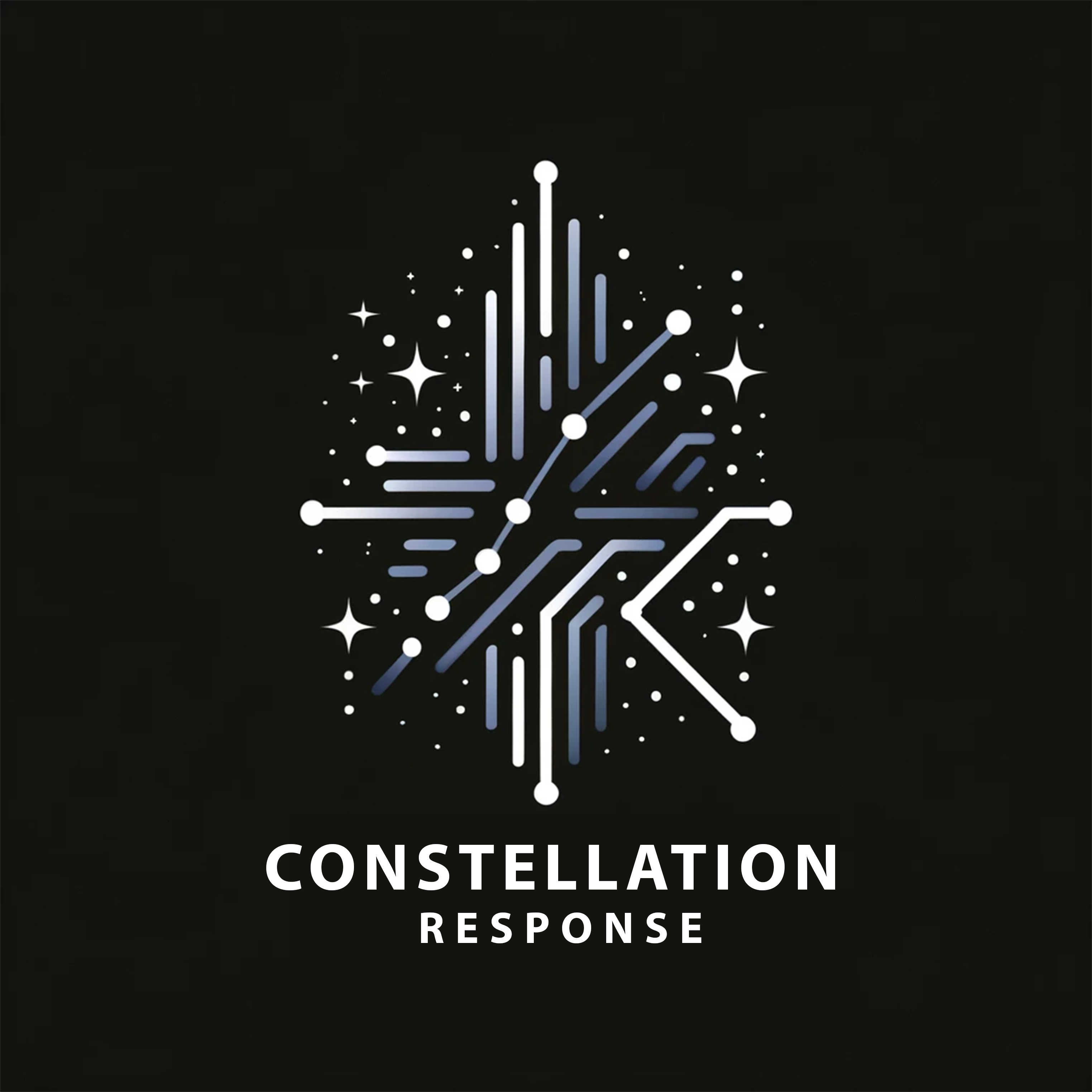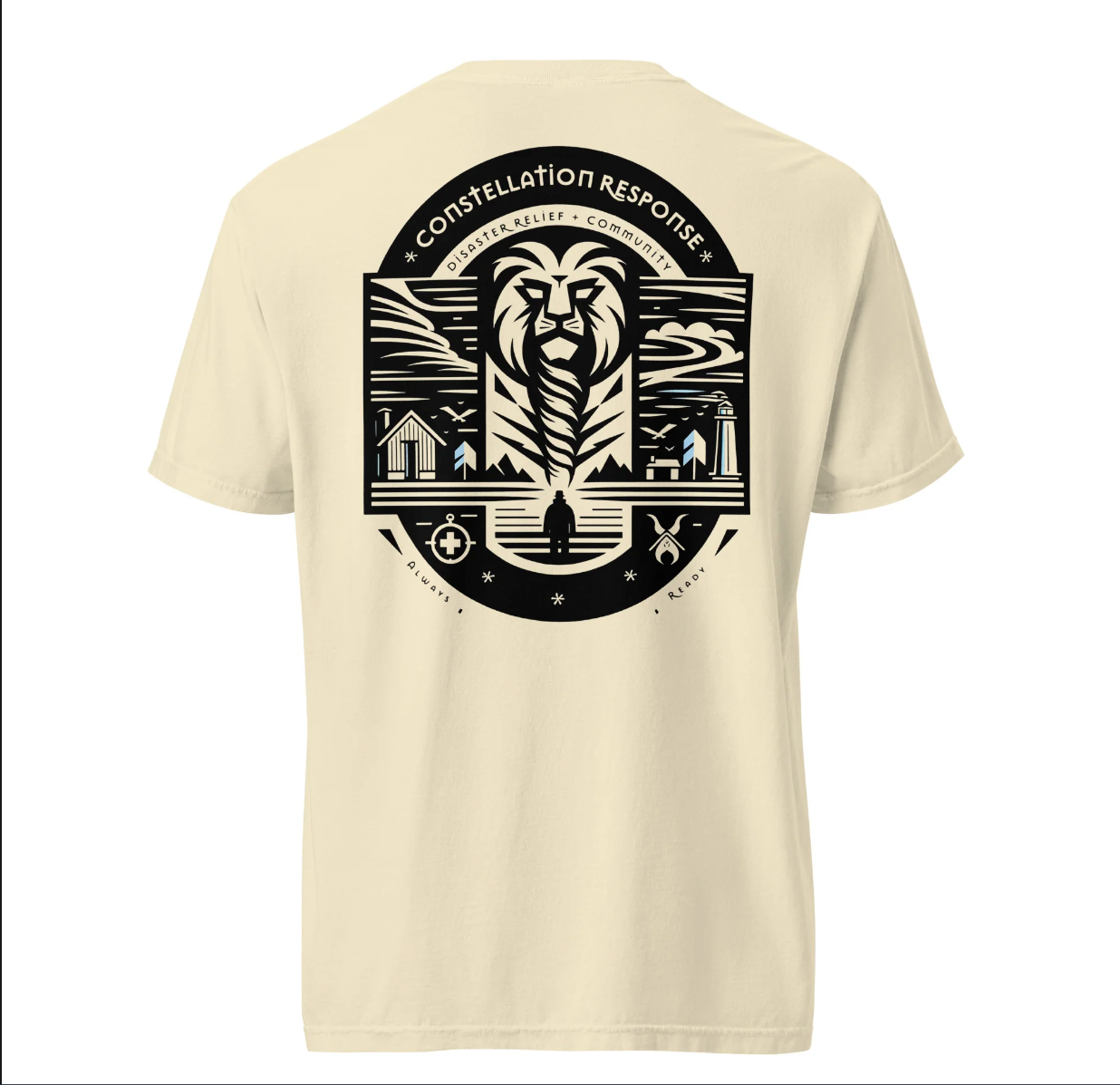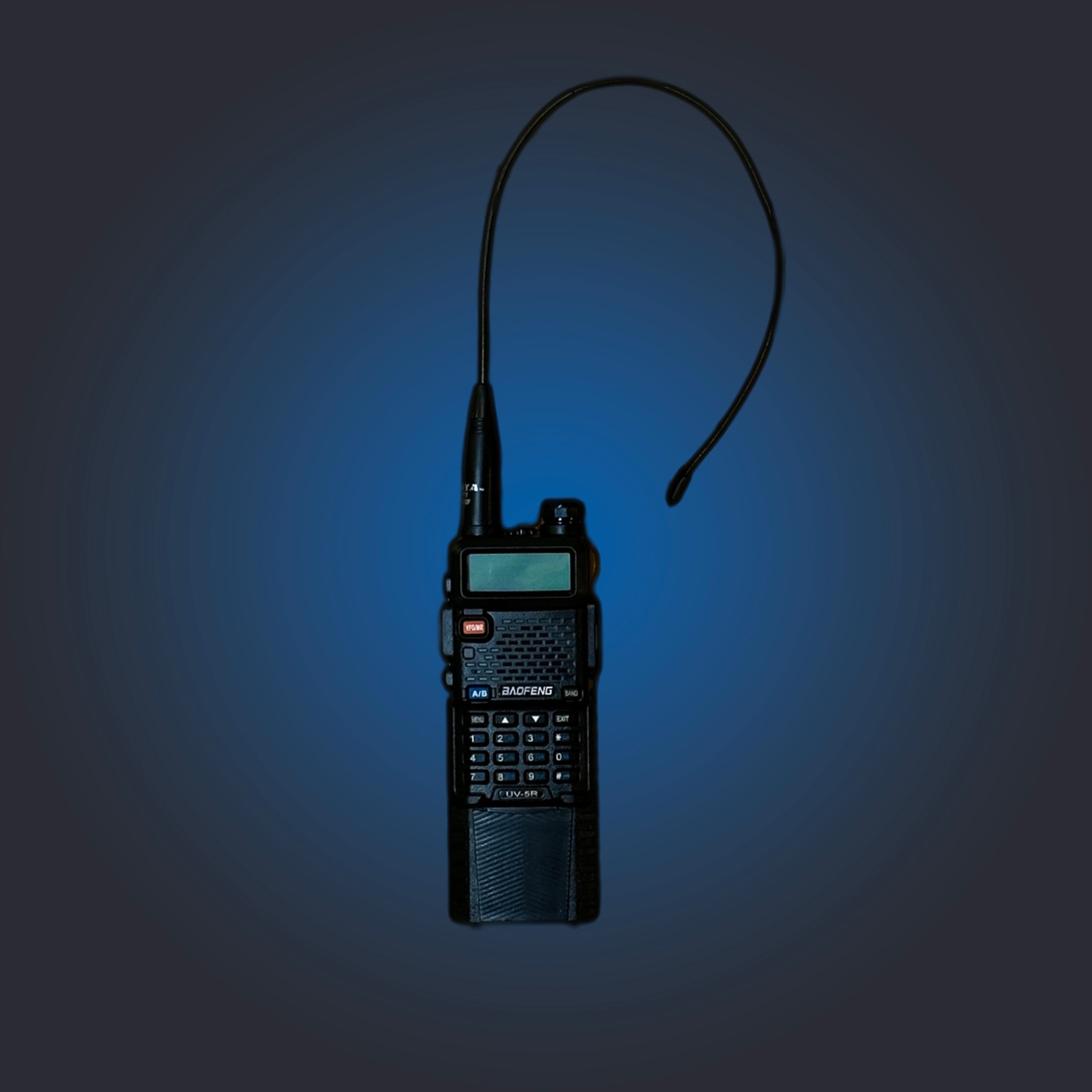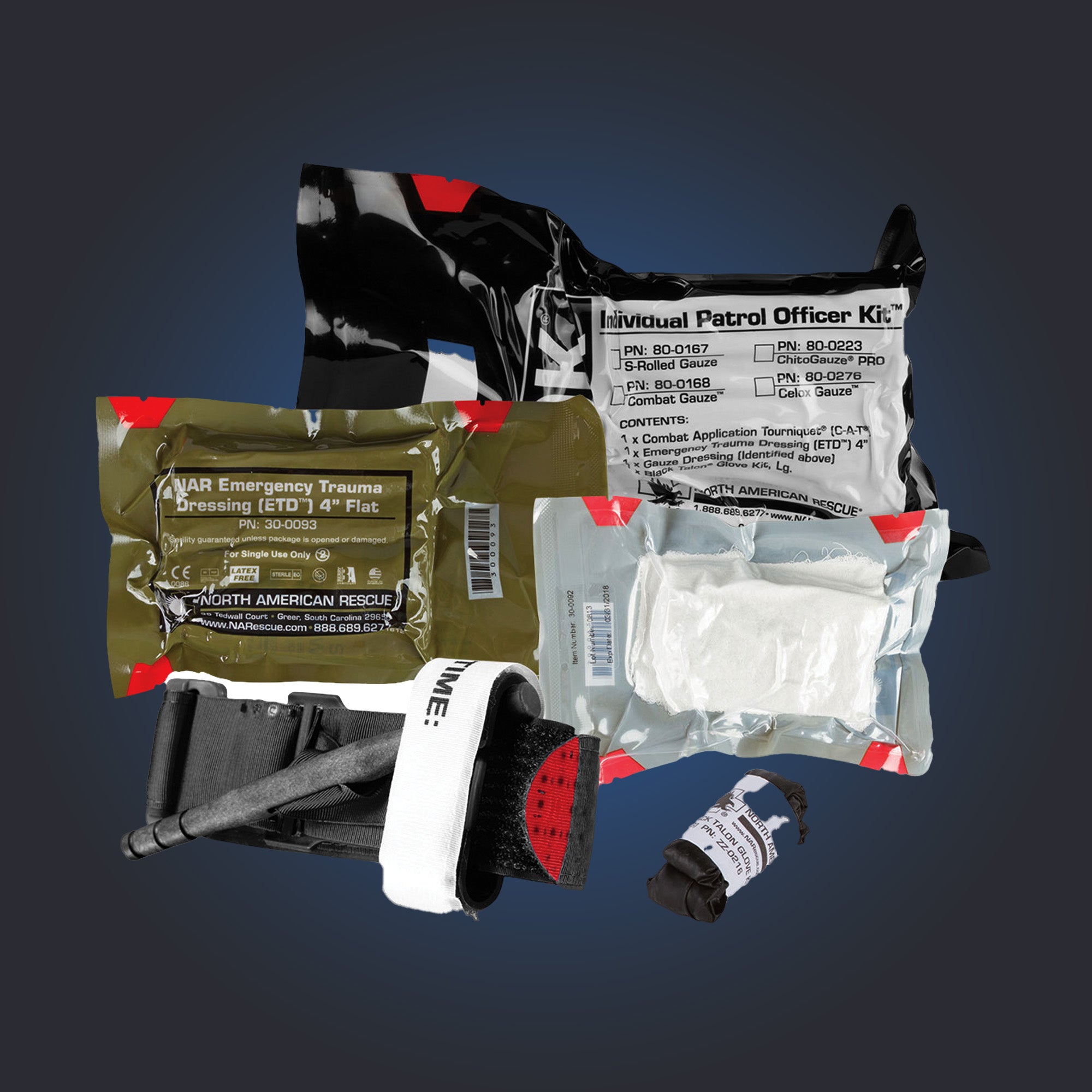Right at the top Boiler Plate: If you've been here before and found this content helpful, please, please, please, follow us on Facebook, Instagram and X! It really helps us when this content gets shared!
It's September, which can only mean one thing: fall hunting season is officially upon us. I spent the first part of this month getting my limit on doves, and now I am eagerly awaiting White Tail season to start up. You have a lot of time when you're hunting to just sit and think - and that got me thinking - The Left is right; the 2nd Amendment is about hunting, just not in the way they think.
Before we get started, yes, the 2nd Amendment is primarily about resisting tyranny, whether that tyranny wears red coats, blue helmets, or even American flag lapel pins. But if you're not hunting, you're missing the point. I know I'm going to get a bunch of "Citations needed" requests on this one, so let's just start historically with all the founder's writings on why the 2nd Amendment is about hunting:
There aren't any.
The founders wrote extensively about all the parts of the Constitution, but they were comparatively light on the 2nd Amendment. (They did write about it a bit in the Federalist papers, but still, not as much as the other parts of the Constitution.) That's because the People's right to keep and bear arms was probably the least controversial part of the whole Constitution. They had just fought a war to overthrow tyranny in their backyard. Of course, they should have a well-armed populace. And, of course, those people would also use those arms in their backyard to get their dinner.That's not to say the founders didn't write at all about hunting - Washington was an avid hunter. Jefferson wrote to his nephew in 1785, encouraging him to prioritize hunting over other physical endeavors because it "gives boldness, enterprise, and independence to the mind." But that's not explicitly saying that "hunting is an inalienable right guaranteed by the Constitution." The founders drew on centuries of English Common Law, Theology, and Philosophy when drafting the Constitution, and all of that came with the understanding that it's a free man's right to keep and bear arms, and the assumption that you are going to use those arms for hunting. It's intrinsic.
I. It's Intrinsic
Sergeant Alvin York wrote in his diary during World War I that if it wasn't for hunting, America might not be America. The first seven out of thirty chapters in his book talk about hunting extensively or are about hunting outright. In that book, he talks about the accuracy of the old Kentucky Long rifle - a gun credited for picking off many British officers during the Revolution, as not only being pivotal in that war, but also in the Great War. Not because it was used in WWI, but because the practical need for an accurate long gun back in the early days of the colonies necessitated the early frontiersmen to just start making their own guns. These rifles were extraordinarily precise for their time, York even crediting them as being more accurate than many of the guns of his day. The practical application pushed innovation in the martial application, something that still happens to this day. But it wasn't also technical development, but skill development - your average Tennessee boy who grew up shooting his grandad's rifle was far more effective a shot in the field than his European counterpart whose society had long evolved past the everyday use of firearms.


((And if you haven't read his book, you should check it out here))
Hunting simulates the pressure of using a gun in anger that you just can't get on the flat range. Even if you have never used your guns in a life-or-death situation before, you can probably still imagine your performance won't be as good as your drill times lead you to believe. That's why we use a timer on the range - so we can add some pressure to ourselves. Hunting does the same thing - only more so. If you've traveled to a hunting site, picked a spot, waited for hours only to finally see your first game of the season, your heart is going to skip a beat. Can you still pull the shot off to bring down the game? Can you even decide if it's a good shot or not?
Is that a deer in the woods, or another hunter? Or did you even see what you thought you saw?
Can you land nav, anon? Well enough to find that game you shot on the second trip out? Can you even find your way back to camp?
How many times have you seen someone online say "Oh I'll just shoot a drone with a shotgun." Can you shoot a dove, anon? How many did you miss on opening day?
These are all pretty basic skills of a hunter, but if you've never done them before, they're a little tricky to pick up. How well do you think you'll learn if you're preparing a scenario where your game shoots back?
II. Sustainment, Health, and Community
Scenario time - some disaster happens. You have a freezer stocked full of hundreds of pounds of game, and your neighbor does not. You know how to hunt various types of large and small game in your area, and your neighbor does not. Between the two of you, who is going to fare better? Food storing is so easy when you hunt. You'll likely stack hundreds of pounds of game meat in your freezer after one season - which you're probably not going to eat all of at once. Even if you lose power, you'll have enough to keep everything in your freezer frozen for several days and failing that; you know how to get more.

Even if you're not hunting for your survival, I got news for you - the stuff you're getting at the grocery store is going to kill you. Most of the meat you buy is harvested from miserable, fat animals that had a sad existence. That sadness is passed to you in the form of sickness. Americans are more chronically ill than ever - and the only way to get around this is to be your own supply chain. You will never feel better after a meal than after you eat something cooked from an animal you harvested. You'll have more energy, ache less, and generally be a happier person.
And, of course, health, in general, leads to fitness. I'm going to keep this point short, but it should be obvious that you have to be physically able to hunt to hunt. Can you drag a 150 lb white tail out of the brush it ran into after it was hit? Can you ruck 300 pounds of meat from that elk you shot in the mountains? Not all hunting is physically demanding, but hunting encourages physical fitness in a way that few other activities do. (Call back to that Jefferson Quote at the top.)

Lastly, on preparedness: the economy.
Everything right now is expensive, but game tags are cheap, a .308 round is less than a pound of beef from the grocery store, and it'll get you a lot more than a pound after a hunt. If you stack a few deer in your freezer, you'll have meat for a year for you and your family. Don't get through all of it? It'll keep for years on end if packed properly. Or you can give some to your friends that don't hunt and get them into it. We are ALL about building community here - there is no better way to build bonds than to share a meal or give your friends some free food. What makes a neighborhood, a town, a State, and a Nation strong are the bonds between its members - and providing for each other is an easy and powerful way to strengthen those bonds.
If you're lacking in Skills, Health, or Ability, you're going to have a bad time when it comes to resisting Tyranny.
III. Tradition
What makes you an American? Or a Southerner? Or a Texan (or a member of whatever state you're from)? Is it because you happen to occupy the man-made borders of a particular state? Or did your ancestors give you a tradition that ties you to this place? Do you feel tied to where you live? Or is it just somewhere you occupy while you work a job? If the point of the 2nd Amendment is to secure Liberty for your country and countrymen, then what is it that defines your country?
The guns that your father hands down to you and you will hand down to your kids instill tradition, a sense of place and belonging, and an oneness with your family and the land you've lived in for generations. There are guns from my father-in-law that we hunt with every year. Some are new, but many are 40, 50, or 100 years old. They were passed down to his dad from his grandfather. And those guns - chipped stocks, fixed chokes, antiquated front sights, are going to be passed down to his grandkids. When you hold these guns, throw them up, and use them as they've been used for generations, you can feel the influence of those generations on you. It's like stepping into someone else's shoes in a way that is unlike anything else.
That's what makes me a Southerner - that history and those traditions - tied deeply to the land since time immemorial. It's a shared sense of values, morals, and ethics that bind me to my fellow hunters and countrymen today. Those values tie us together as a community and, much more broadly, as a nation. It gives us the means to bring more people into our way of thinking by providing and sharing that bounty and the skills necessary to defend against tyranny. So yes, the 2nd Amendment is about hunting - because hunting is a foundational part of everything else.
I hope you liked this one. I enjoyed writing it. If you are into preparedness or guns and want to learn more about better equipping yourself and others in uncertain times, please follow us on X, Facebook, Instagram, and YouTube. It really helps us grow and supports what we're doing here.
If you really want to support us and help us support you, consider picking up a radio or maybe a new hunting scope from us. It helps us out and you get awesome products from our curated store!
Thanks again, and we'll be back with more ATAK (and Hunting) updates soon!




